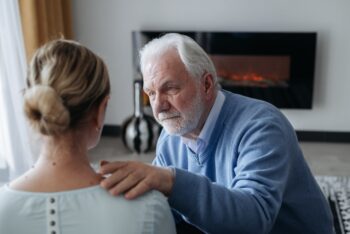
Caring for elderly loved ones can be a struggle. Whether they require long-term care or short-term help, it is important to make sure that your elderly relative is receiving the quality care they deserve. Unfortunately, not all care services are up to par, and there are some signs you should look out for if you suspect that your elderly loved one isn’t getting the care they need. Here we discuss ten red flags that may indicate that your elderly relative isn’t receiving the care they deserve.
1. Unkempt Appearance
An unkempt appearance is one of the most telling signs that a senior may not be receiving adequate care. If they are no longer looking after themselves properly, this could be a sign of neglect on the part of their caregivers. Therefore, it’s important to pay attention to changes in grooming habits as well as changes in weight, skin color, and overall health. An unkempt appearance could also be a sign of depression or confusion, which may require extra attention, so you need to be aware of these signs to ensure their health is always a priority.
2. Poor Living Conditions
If you visit your elderly loved one and notice an unclean or cluttered living space, this could mean that their home has not been kept up properly by their caregivers. Poor living conditions can lead to an increased risk of falls and also make it more difficult for them to be comfortable in their surroundings. Cluttered and unclean living spaces are a clear sign that your elderly relative is not receiving the care they need and deserve. By addressing these matters as soon as you are aware of them, you can ensure they are getting the care they require.
3. Lack of Socialization
Not being able to socialize can be extremely detrimental to seniors’ health and well-being, both mentally and physically. For example, if your elderly loved one appears isolated or lonely when you visit them, it could be a sign that they aren’t getting enough social interaction. Socialization is important to prevent depression and loneliness; therefore, their caregivers must provide them with regular opportunities to interact with others. It also encourages physical activity, such as group walks, which can help to improve their overall health.
4. Unsatisfactory Nutrition
Nutritious meals are essential for seniors’ health and well-being; however, if your beloved relative seems malnourished or lacks interest in food during visits with you, it may indicate a problem with their nutrition plan. Make sure that your loved one is eating healthy meals regularly, and contact the care facility or service if you have any concerns about their dietary needs not being met. Proper nutrition is vital to ensure they are getting the necessary vitamins and minerals to stay healthy.
5. Decline in Overall Health
Seniors’ health can fluctuate depending on the care they are receiving. If you notice that your elderly loved one is looking frail, or if their mobility and mental faculties have declined significantly since your last visit, it could be a sign that they aren’t receiving adequate care. It is important to keep an eye out for any changes in their health, as this could indicate a problem with their care. Ensuring your loved one is cared for in a manner to ensure that they are as healthy and comfortable as possible should always be a priority.
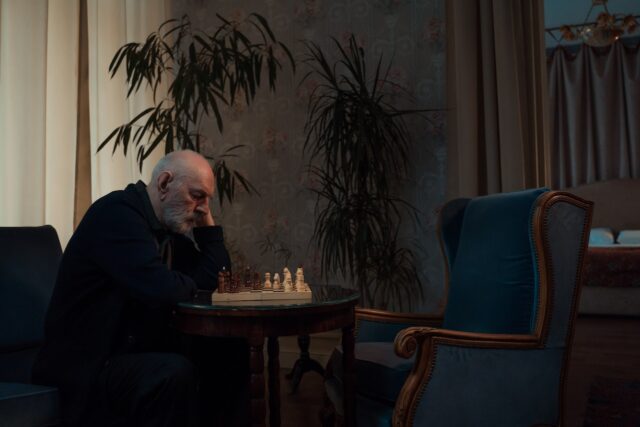
6. Difficulty in Communicating
If your elderly loved one appears to be having difficulty communicating, it could be a sign that their cognitive abilities are declining. This can be due to dementia or Alzheimer’s disease, which often require special care and attention from caregivers. However, it could also be a sign of abuse or neglect, so it is important to pay attention and ensure your elderly loved one is being treated with respect.
7. Unexplained Injuries
Unexplained injuries clearly indicate something is wrong, and your elderly loved one may not be receiving the care they need. It could be a sign of abuse or neglect, so it is important to pay attention and take action if you notice any marks on their body. If your elderly relative is unable to explain the source of the injuries, always err on the side of caution and contact their care facility immediately.
8. Presence of Pressure Sores
Pressure sores, also known as bedsores, are an indication that your elderly loved one is not being moved or turned regularly enough. Stage 3 bedsores can be very serious and even life-threatening if not treated properly, so it is vital that caregivers take the necessary steps to prevent them. If you notice any bedsores on your elderly loved one, contact their care facility immediately and ensure that they are receiving proper medical attention. You may also have the right to legal action in certain cases.
9. Unsanitary Living Conditions
If your elderly loved one’s living space appears to be unsanitary or unclean, it is a clear sign that their care facility or caregiver is not providing the proper level of sanitation and hygiene care. This can lead to health complications and should always be addressed immediately. Make sure that any areas of concern are thoroughly cleaned and that your loved one is receiving the necessary attention to keep them healthy.
10. Lack of Emotional Support
Finally, it is paramount that caregivers provide emotional support for their elderly patients. This can involve providing companionship and conversation, listening to their needs and concerns, and handling challenging behaviors with kindness and understanding. If you notice that your elderly loved one is not receiving the emotional support they need, it could be an indication that their care facility or caregiver is not giving them the necessary attention.
Conclusion
It is important to recognize any of these ten signs that your elderly loved ones aren’t receiving the care they deserve and take action to ensure they are getting the necessary care. If you suspect any type of abuse or neglect, contact their care facility immediately and consider taking legal action if necessary. As a family member, you must remain alert and proactive to ensure your elderly loved ones receive the proper level of care and attention they need.

Written by Contributing Author
More From This Category
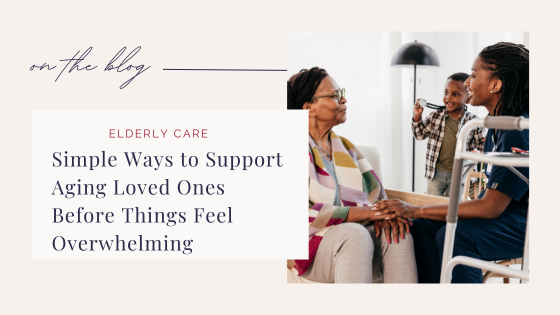
Simple Ways to Support Aging Loved Ones Before Things Feel Overwhelming
Supporting aging family members doesn’t have to be stressful or reactive. In fact, taking a few small, thoughtful steps early can make a world of difference for both you and your senior relatives. When you understand their needs, open up communication and consider the...

Simple Ways to Support Aging Loved Ones Before Things Feel Overwhelming
Supporting aging family members doesn’t have to be stressful or reactive. In fact, taking a few small, thoughtful steps early can make a world of difference for both you and your senior relatives. When you understand their needs, open up communication and consider the...

Simple Ways to Support Aging Loved Ones Before Things Feel Overwhelming
Supporting aging family members doesn’t have to be stressful or reactive. In fact, taking a few small, thoughtful steps early can make a world of difference for both you and your senior relatives. When you understand their needs, open up communication and consider the...

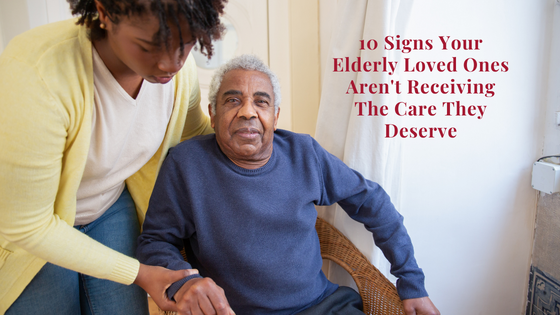
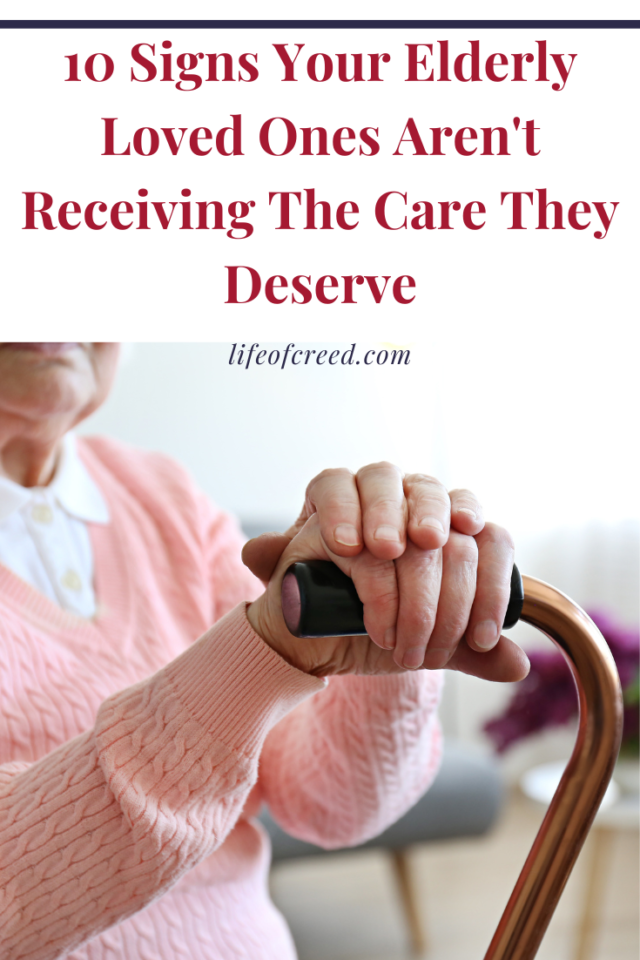

0 Comments